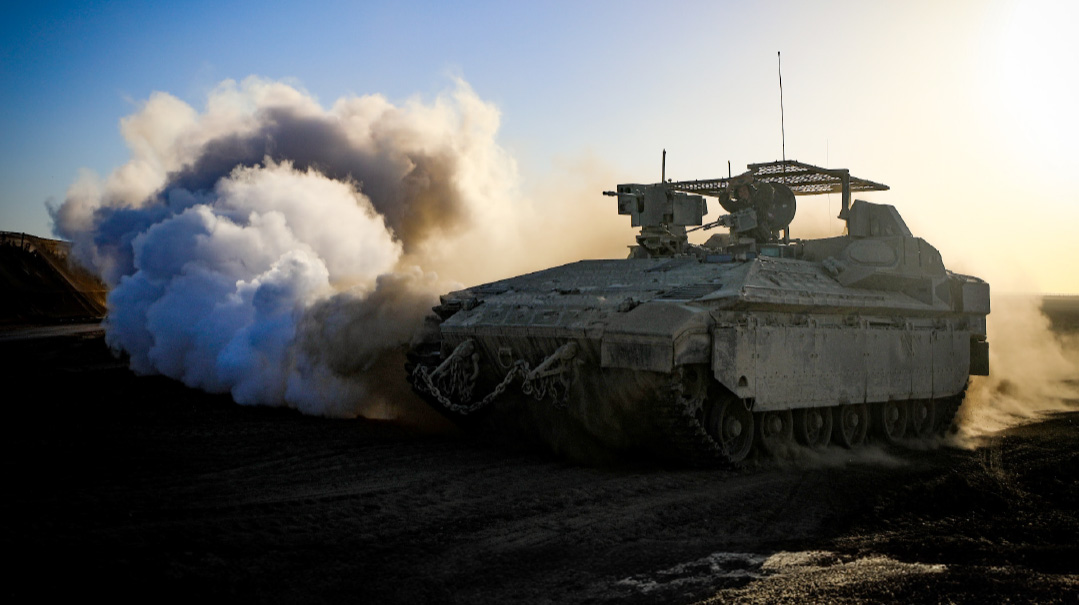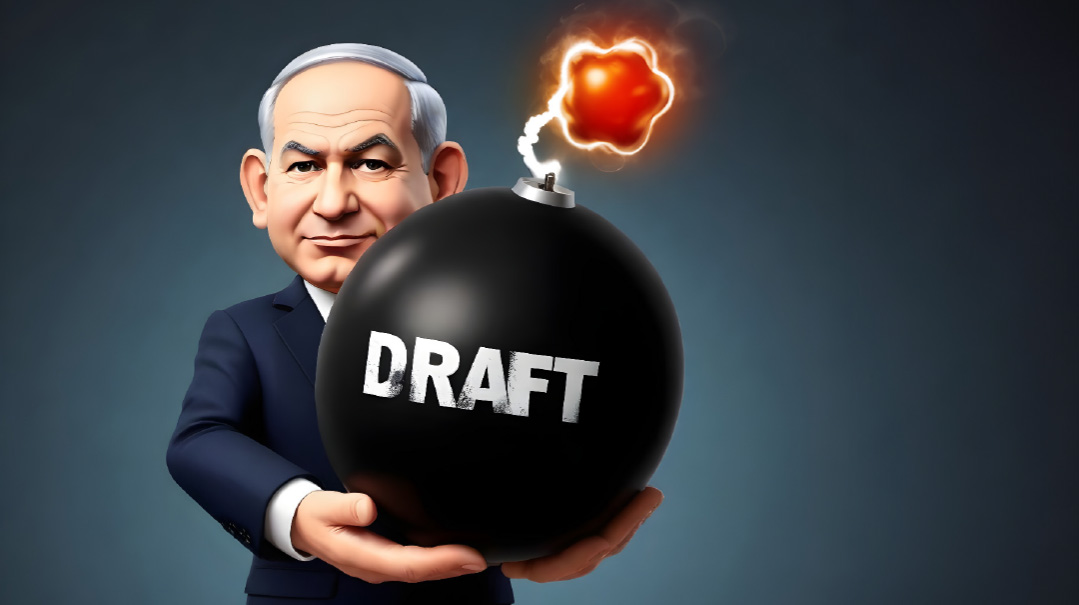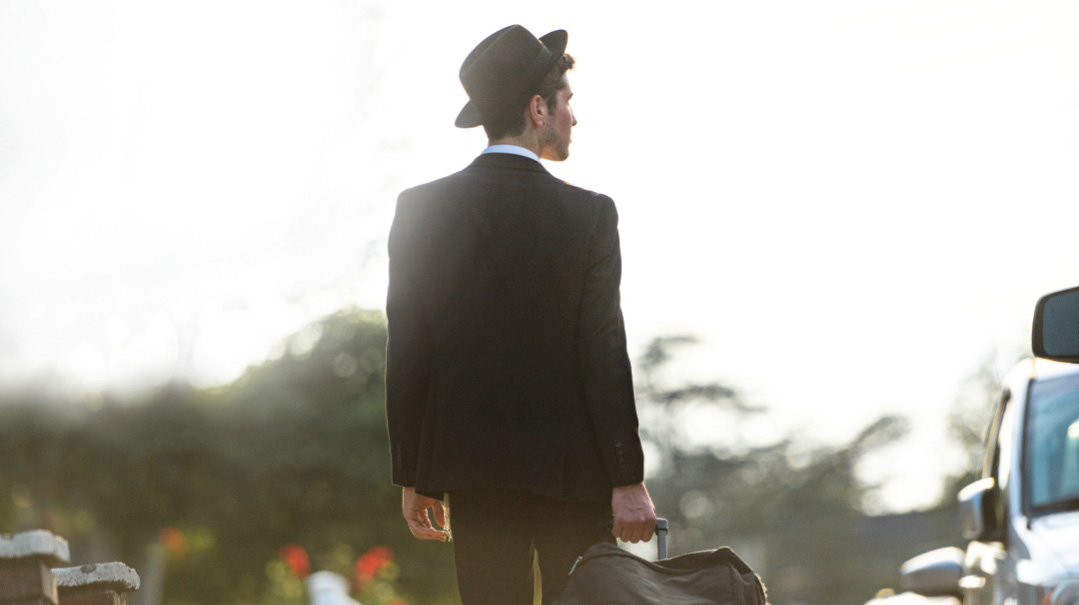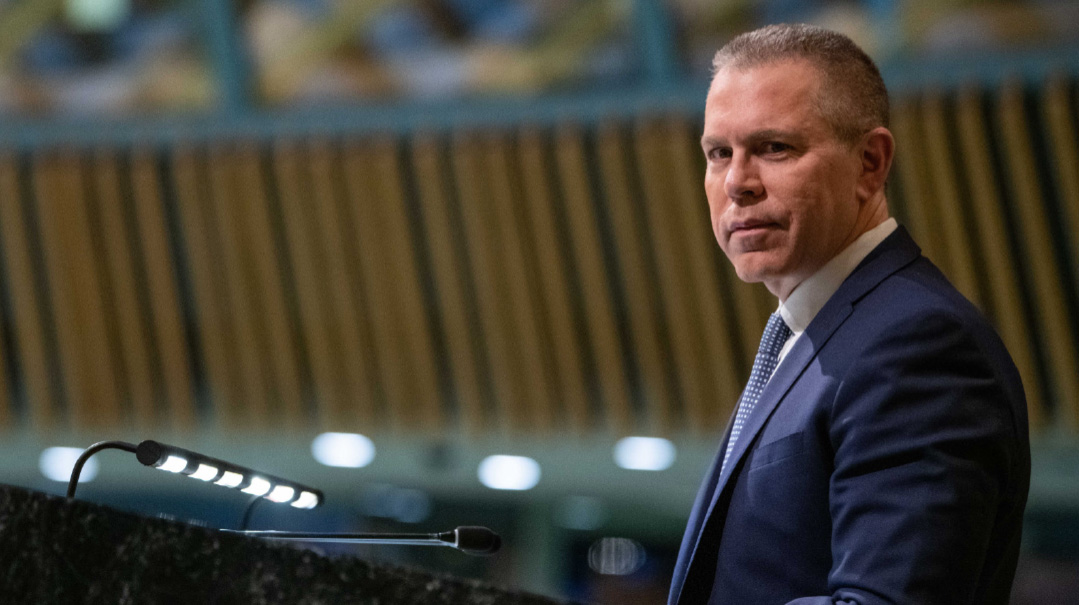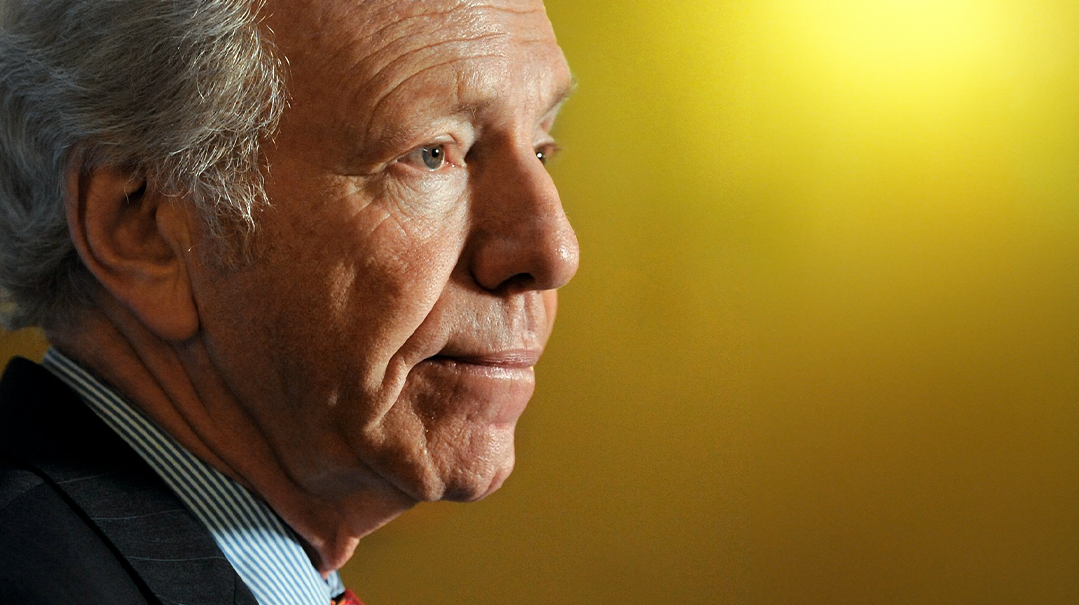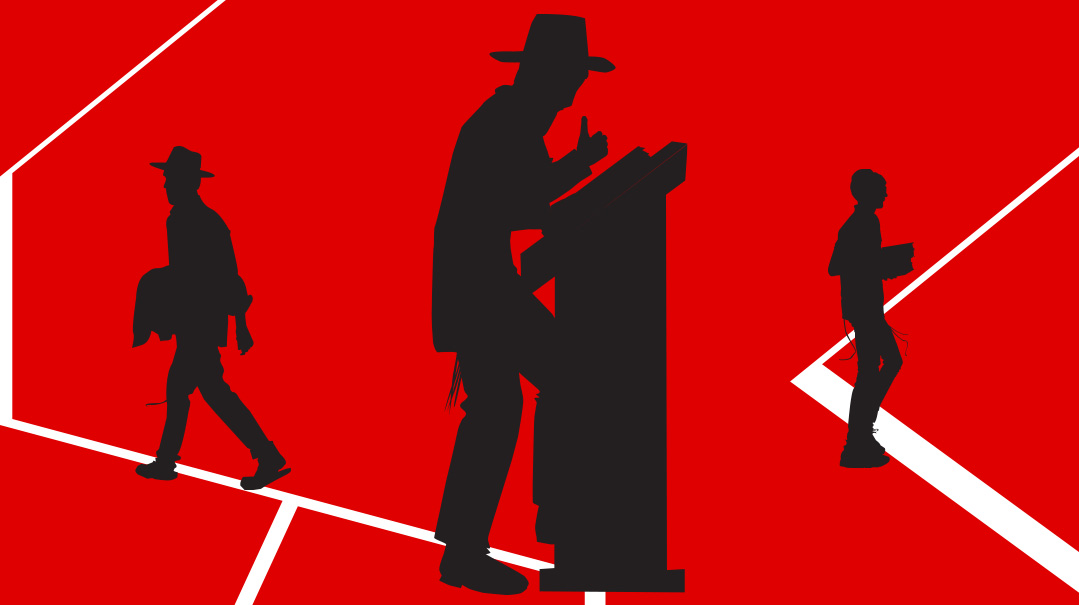A Few Minutes With… NYPD Commissioner Dermot Shea

“It makes my blood boil when I hear people say that the cops are slowing down”
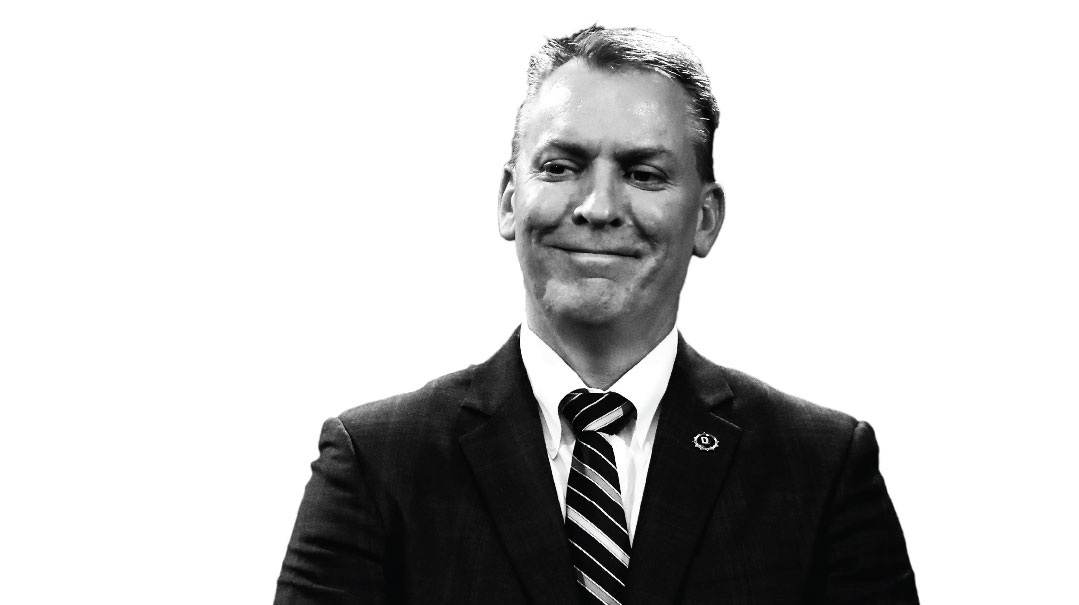
Dermot Shea was selected as New York City’s 44th police chief in the waning days of 2019 by Mayor Bill de Blasio to implement a new more progressive policing strategy. The affable son of Irish immigrants, Shea was only months later thrust into a maelstrom — leading a department reviled by a vocal protest movement,one that his boss, de Blasio, sought to placate.
The mayor almost daily lays blame for the sharp rise in crime — it hit a five-year high last month — on what he describes as America’s systemic racism. Whatever the merits of that argument, it led him to abandon a crackdown on those violating COVID restrictions — just days after threatening to begin arresting Jews — and declare his full support for tightly packed protests. Those demonstrations rapidly spun out of control and turned into mass looting, rampaging, and assaults on cops.
Since the riots began in May, Shea said at a Flatbush Jewish Community Coalition event last week, shootings have risen to levels not seen since de Blasio’s first year as mayor. But he mounted a strong defense of the men and women in uniform, saying that never have so few done so much for so many.
“It makes my blood boil when I hear people say that the cops are slowing down,” Shea declared. “The cops have had everything but the kitchen sink thrown at them, and they’re shrugging off the kitchen sink and they’re going forward. They’re going towards danger every day. They are wrestling with armed perpetrators every day. Not only are they not slowing down, but they are speeding up and they are doing everything that I ask them to do.”
Shea was set off by a question posed by Rabbi Yeruchim Silber, Agudath Israel’s New York governmental director, about his decision earlier this year to disband the plainclothes anti-crime unit. The crime rate spike has been widely blamed on that.
“To say it was a difficult year,” he noted dryly, “would be a vast understatement. When you look at the gun violence in New York City this year, it started in May and hit a five-year high. But that was just the smoke before the fire. As the end of May rolled in and the protest started in earnest, that really started a difficult period of time.”
In August, year-to-date total shootings surpassed 1,000, up from 12-month totals of around 800 the past few years, he said.
“We are not back to the levels of the ’80s and ’90s,” he added, “but we certainly took a step back. Two weeks ago we hit a 25-year high in gun arrests. Last week we surpassed that. We made 160 gun arrests last week.”
I had a chance to ask Shea a few questions after the event.
There’s a lot of concern in Boro Park about rising violence. Only last week it was listed as one of the six precincts in the entire city without any shootings for an entire year, and since then we’ve had two homicides. I appreciate what you said that police are not in a slowdown, but it’s undeniable that officers are not responding to 911 calls as they used to.
What type of examples are you referring to? Because I would say that’s not accurate. If you are talking about homeless issues — police were just taken out of that. But if someone calls 911, the police are absolutely responding.
So why is crime rising, especially in neighborhoods that were once considered safe?
There was an interesting article on the front page of Newsday yesterday about the prison and jail populations. I think the number was cut 50 percent in one year. [In other words, half of all inmates were released —Ed.] So I turn the question around to you. You heard a lot of people talking here about the need to be vocal, to get involved, and to speak to elected officials and all the policymakers.
People are going to get the city and they are going to get the police department that they want. When you have a prison population that was cut 50 percent in one year, that should shock people. And I would ask you, what would a rational person think is going to happen when that happens?
Our community agrees with you. If you ask anyone in our community if this is the police department they want — no, this is not the police department they want. They do not support defunding the police.
This is much bigger than the police department; it’s the whole criminal justice system. So we are a piece of that, but we also have prosecutors, we have judges, we have a prison system and different programs that are alternatives to jail, and we have probation and parole. And it all works together.
We have not changed how we work within that ecosystem, but many things have. And when you have the prison population cut almost in half in a one-year period, as [it said] in that article — and that is statewide — it’s a shock to the system.
The political leadership of the city — Mayor de Blasio — has been blaming the rise in crime on the consequences of deep-rooted social inequalities
Yeah. Listen, there’s been a lot of things that have happened this year — there is the COVID epidemic, there are new laws that were passed, the courts were shut down, there are protests going on that are pulling officers [off their regular duties]. All of this has the potential to impact crime rates.
But you talked about Boro Park — whether it’s Boro Park or whether it’s the Lower East Side or whether it’s Highbridge in the Bronx, you saw some cops there. The cops are out there, they are working, and we are working very hard to make New York City as safe as possible.
I pointed to the gun arrests that were made recently, but that is just one example. Whether it’s police officers or detectives, they are out there every day. They are responding, they are catching people doing illegal things, and they are working as hard as possible in this environment to make New York City safe.
(Originally featured in Mishpacha, Issue 829)
Oops! We could not locate your form.






